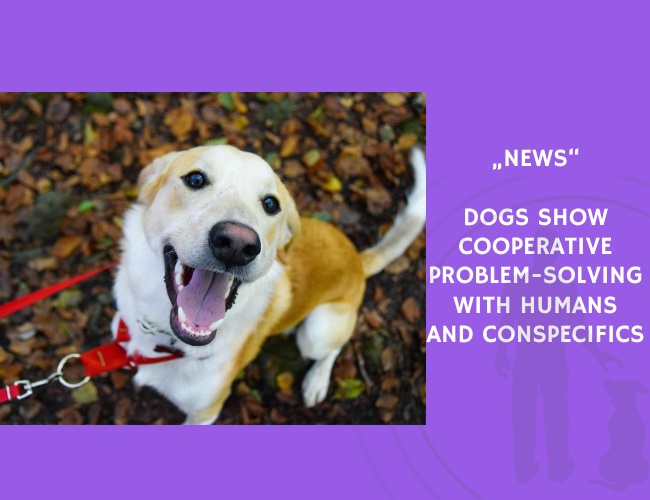Ostojić & Clayton (2013) examined whether dogs possess the ability to coordinate their actions in a cooperative problem-solving context with both conspecifics and humans. The study applied a widely used cooperative task requiring one dog to wait and act in synchrony with its partner in order to achieve success.
Results showed that although dogs had difficulty inhibiting immediate action when required to wait, they were able to attend to two critical cues: the behavior of their partner and the incremental movement of rewards toward them. This demonstrated that dogs could adjust their own behavior based on another’s actions, a hallmark of behavioral coordination.
Importantly, this coordination was evident not only with other dogs but also with human partners, reinforcing the idea that domestication has enhanced dogs’ capacity for socio-cognitive skills facilitating interspecies cooperation. The findings underscore how domestication likely shaped traits such as social tolerance, reduced aggression, and attentiveness, all crucial for cooperative living with humans.
By highlighting dogs’ ability to integrate social and environmental cues during problem-solving, this study contributes to the broader understanding of canine cognition and its parallels with cooperative strategies observed in humans.
Source: Ostojić, L., & Clayton, N. (2013). Behavioural coordination of dogs in a cooperative problem-solving task with a conspecific and a human partner. Animal Cognition, 17, 445–459. Authors: Ljerka Ostojić, Nicola Clayton. Journal: Animal Cognition.










